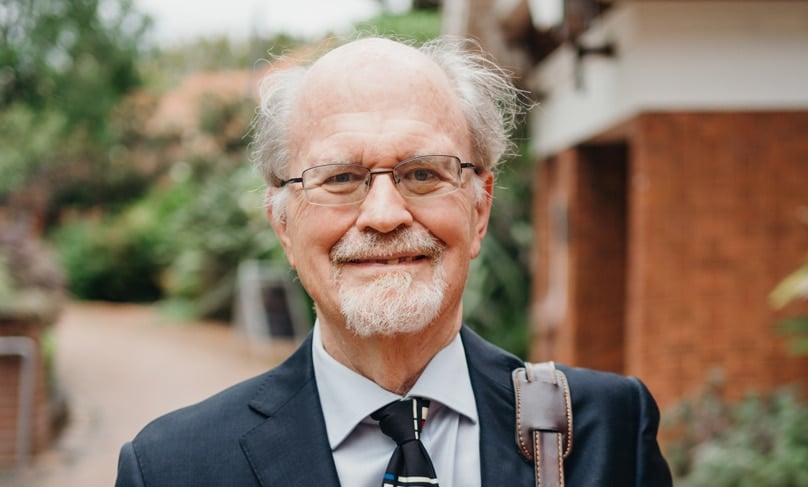
More than half of Australian school principals are “seriously considering” quitting their jobs amid rising workplace violence and crushing workloads, with the largest group from New South Wales schools, a new report says.
The confronting finding comes as an annual Australian Catholic University survey posed a question for the first time about whether principals’ intended to leave or retire early.
Fifty-six per cent of school leaders surveyed intend to leave and some of the most experienced principals are leading the charge.
Many mid-career principals are also unhappy, with nearly 60 per cent of those considering leaving their posts having six-10 years’ experience in the role.
Just over 63 per cent of the principals who “agreed” or “strongly agreed” with an intention to leave their job are based in New South Wales.
Catholic school leaders reported less concerning levels of offensive behaviour against them and higher levels of resilience, but still face “unacceptably high” levels of stress compared with the general population, researchers found.
The annual survey of 2300 principals’ occupational health, safety and wellbeing published 22 March also recorded the highest levels of levels of violence in its 13-year history.
Forty-eight per cent were subjected to physical violence, mostly from students, and 53.9 per cent threatened with violence in the last year.
Twenty per cent reported moderate to severe depression and 42.6 per cent triggered a “red flag” email in 2023, which signals a risk of self-harm, occupational health problems, or serious impact on their quality of life.
The report makes for bleak reading, showing that unrealistic workloads, teacher shortages, an increasing culture of disrespect and burnout are putting principals at risk.
“I worry about staffing every day … I am very resilient but this is going to break me and everyone. I cannot stress how difficult and stressful this is,” said one respondent.
“I’m looking at what I can do outside of principalship … I know I need to do something different,” reported another.
“Even if half of those principals change their minds about leaving, that’s still 500—which would make a huge impact across the nation,” ACU investigator Dr Paul Kidson told The Catholic Weekly.
“It’s five per cent of the Australian school principal population.
“Each year this survey tells a sad and disappointing story, but we’ve actually misjudged how urgent a problem this is and we can’t afford to misjudge it any further.”

Kidson, a former principal, said he once had a parent jab his finger into his chest while berating him, and other “loom over me in a very threatening manner.”
Catholic principals report having more support and resilience but their workplace stress is still too high, he said.
Only one out of four or five will take action to address or prevent burnout after receiving a red flag email.
“There is a generosity of spirit and an overlay of a sense of mission and vocation that is manifest in Catholic school leaders and helps provide that resilience,” Kidson said.
“They’ll say ‘I will continue to do this work because I’ve got a great servant heart, I’m committed to the school and embedded in the work of the parish in which my school is located.’
“But often it’s to the detriment of their own health.”
Heavy workloads and a lack of time to focus on teaching and learning remained the top two sources of stress for all principals, followed by student and staff mental health, and other student-related issues.
“It is deeply concerning that offensive behaviour towards school leaders and teachers persists and appears to be on the rise,” said co-lead investigator Professor Herb Marsh.
The researchers say despite a national spotlight on academic standards and student mental health, classroom disruption and teacher workloads, there is still much to be done to reduce the burdens on school leaders.
That includes full funding based on student needs as recommended by the 2012 Gonski Review.
“It is naïve to think this does not translate into the increasing stress among school leaders today,” Kidson said.
The survey also calls for Commonwealth, State and Territory leaders and education ministers to prioritise support for principals and implement Productivity Commission recommendations for reducing administrative and other non-core tasks.
It also recommends the example of Victoria’s School Community Safety legislation for reducing reported incidents of violence towards school staff.
“Offensive and threatening behaviours towards employees are not acceptable in other workplaces, and they are not acceptable towards employees in schools,” the report said.
